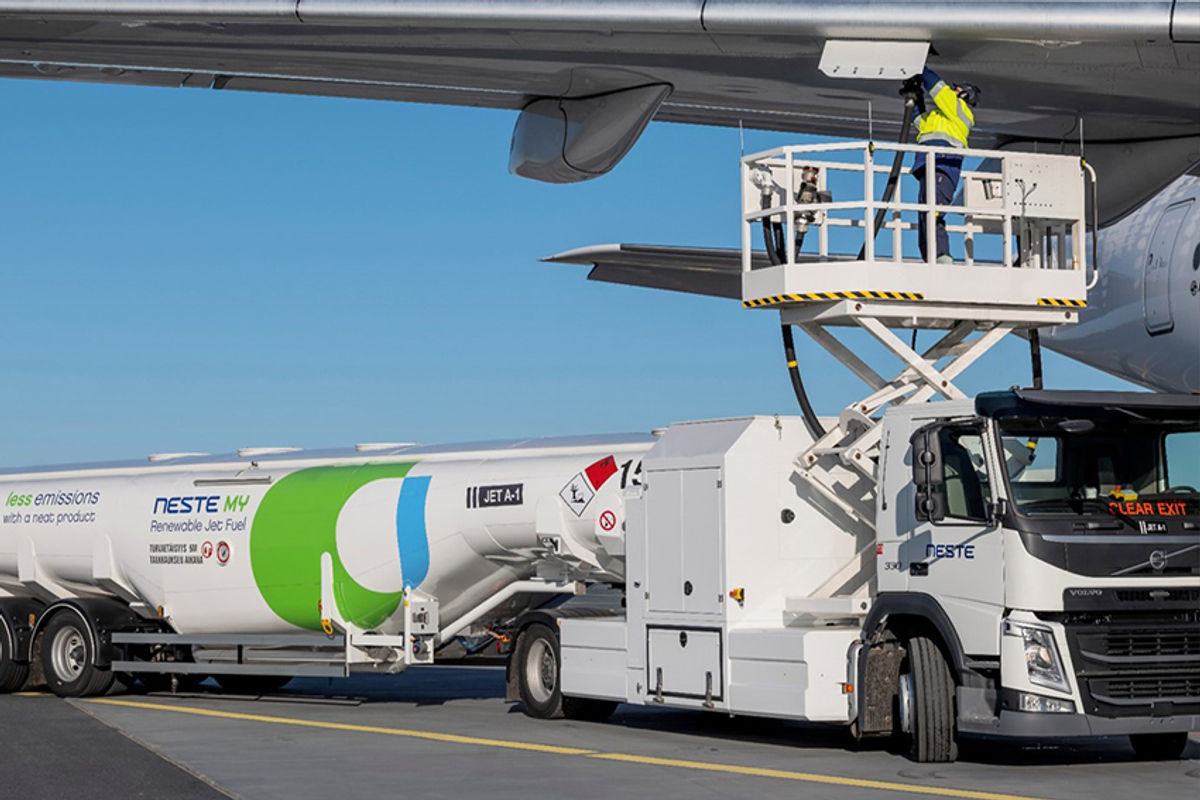The new UK government has confirmed that it will continue with the previous administration’s plans to introduce a sustainable aviation fuel (SAF) mandate at the start of 2025.
The Labour government, which won a landslide victory in the UK general election on 4 July, laid out its plans for transport during the King’s Speech in Parliament last week.
Transport secretary Louise Haigh has now confirmed that the Labour government will introduce the SAF mandate, starting at 2 per cent of all aviation fuel, from 1 January 2025, subject to gaining approval from Parliament.
The mandate will then increase on a “linear basis” up to 10 per cent in 2030 and then to 22 per cent in 2040. Haigh said that from 2040 the mandate “will remain at 22 per cent until there is greater certainty regarding SAF supply”.
Haigh also announced that its proposed bill would introduce a revenue certainty mechanism (RCM) for alternative aviation fuel producers looking to invest in new plants in the UK.
“This builds on the SAF mandate, which will create demand for SAF by setting targets on fuel suppliers to use a proportion of SAF,” she said. “This new sector will create jobs and growth opportunities in the UK, help secure a supply of SAF for UK airlines and enhance energy security.
“There are a number of SAF projects being developed across the UK. Bringing in a revenue certainty mechanism will help to reduce risk, giving investors the confidence they need to invest in UK SAF plants.
“It will increase the likelihood SAF plants will be built in the UK, thereby securing a supply of SAF for the UK aviation sector and supporting the delivery of the SAF mandate.”
The new UK government is largely following the policy on SAF set out by the previous Conservative administration in April.
The EU is also set to introduce its own “blending mandate” for the use of sustainable aviation fuels from 2025. It will start at 2 per cent next year and rise to 6 per cent in 2030, with the ultimate target of reaching 70 per cent SAF use by 2050.

